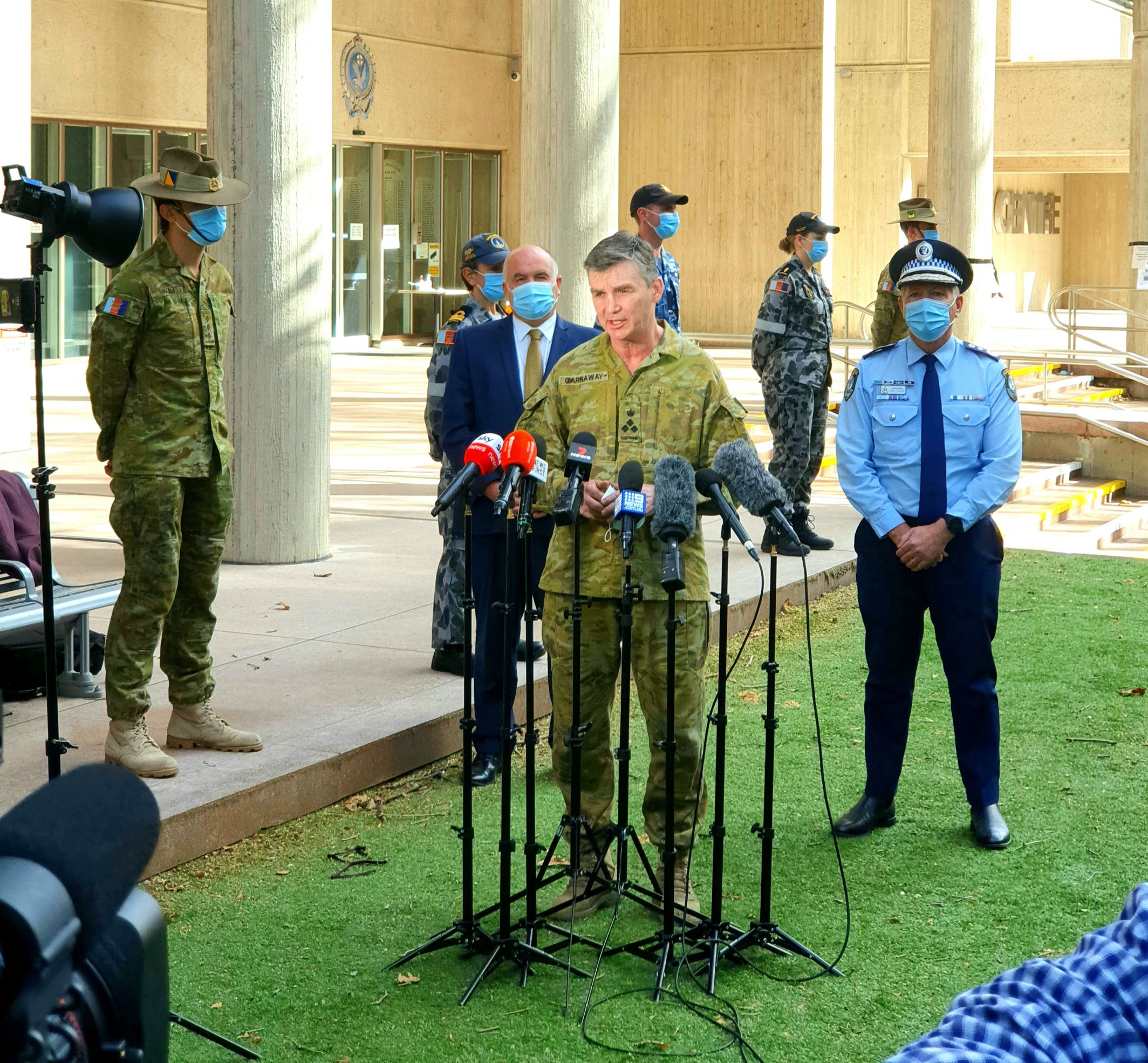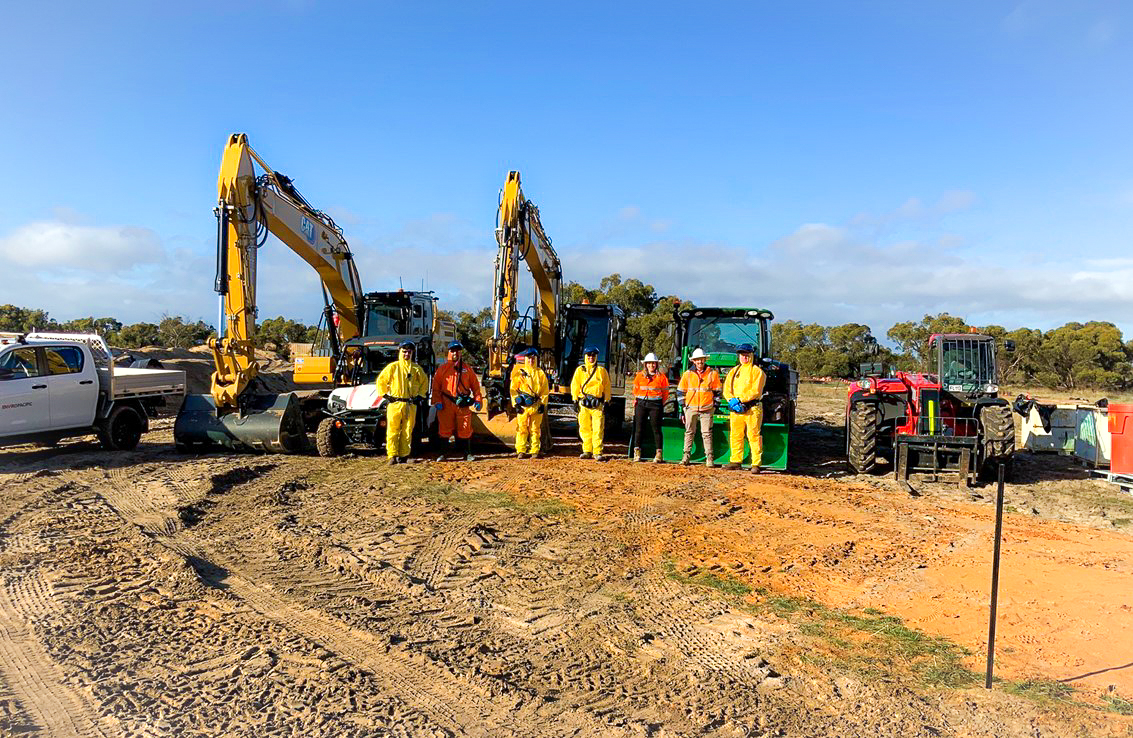Effective communication, particularly in a crisis, needs to be clear, honest and empathetic to engender trust and galvanise the desired public response. The confusion and lack of empathy & transparency over Australia’s border situation is, unfortunately, an example of poor communication.
The Federal Government’s decision to cut international arrivals by 50% – allowing only 3,000 citizens to arrive per week is causing confusion and heartache, particularly for Australians stranded overseas and their families back home.
The Government is in an unenviable position of having to make tough decisions, but this isn’t helped when other state and territory governments are sending conflicting messages about border arrangements.
The New South Wales Premier, Gladys Berejiklian, has taken a sensible science-based approach to the crisis.
“I have expressed this view publicly, but I have also expressed it to my colleagues, the Premiers and Chief Ministers in other jurisdictions [that] just because you reduce the number of people coming in, doesn’t mean outbreaks aren’t going to happen.”
There are countless heartbreaking stories of families being separated and loved ones not being united – among them is my sister and her fiancé, who are not being allowed to return home to get married. They have applied eight times for permission to return and have been denied each time with only a generic response and no reason given for the refusal.
This lack of transparency is heartless and does not engender any public trust. Unfortunately, theirs is not a unique story – it is the experience of many Australians also caught in overseas limbo. The communication is in truth awful.
While Australia has helped prevent the spread of COVID-19, the approach the government has taken poses many questions, but most disappointing is the lack of communication and clarity particularly for those Australians stuck overseas and their desperate families back home…


